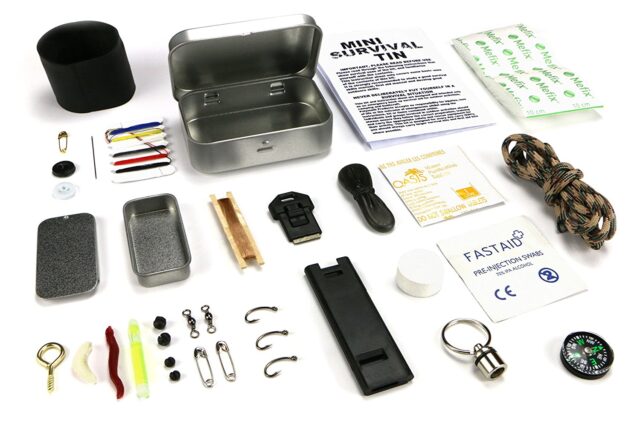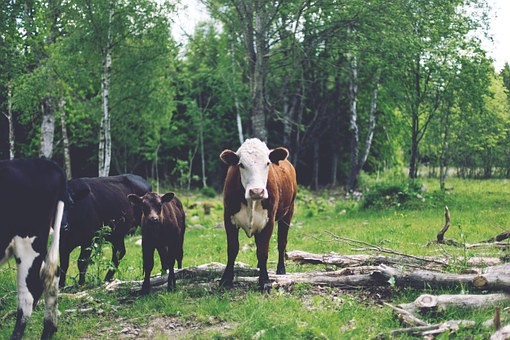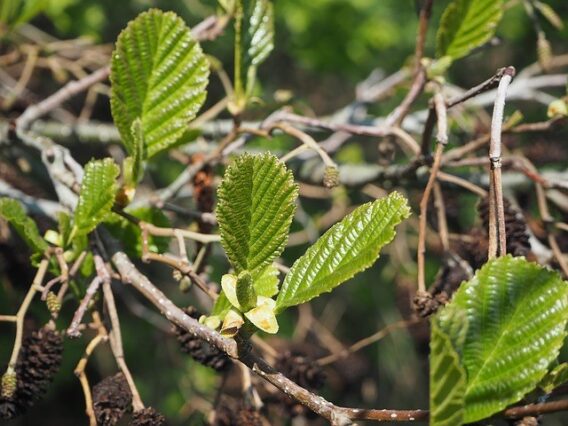There are many benefits of owning woodland. The thought of taking a stroll through your own private woodland has an obvious joy, being surrounded by leafy glades, wildlife and peace and quiet. For many, owning woodland is the fulfilment of a dream.
Maybe you want a special place to share with family and friends, somewhere to camp and have fun, or just want to spend some time getting closer to nature.
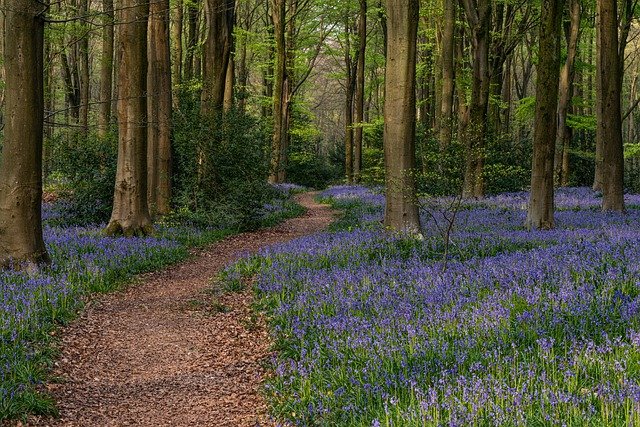
While this is a pleasure in itself, owning woodland comes with other benefits, and responsibilities, such as the rewards that come from creating a well-managed wood.
Why Own Woodland?
There are many reasons why people want to own woodland:
Conservation
According to a survey carried out by woodlands.co.uk, most woodland owners see themselves as guardians of the wood, helping to manage the habitat for wildlife. It is also a way of protecting it for the future.
Managed woodland, such as keeping clearings and planting trees, creates more homes for wildlife and increases the diversity of insect, animal and plant species.
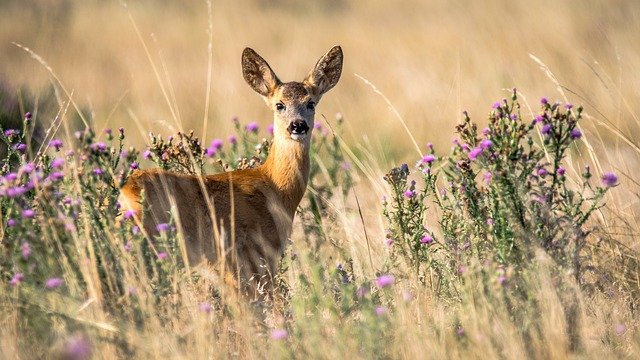
Recreation and Self-Sufficiency
Many see it as a way to spend quality time with friends and family. When you own woodland, you have somewhere you can go camping, enjoy walking, wildlife spotting, campfires, building dens, treehouses… the list is endless!
If you invest in a chainsaw, you can cultivate your own supply of firewood and make charcoal. You can also find wild foods, get honey from beekeeping, and hunt over-populated game.
Well-Being
Spending time in nature, especially amongst trees is good for health and well-being. Being around plants and trees reduces stress and boosts the immune system, and regular outdoor exercise eases symptoms of many mental health issues. You can help but feel more at ease after spending a day in the woods!
Investment
There are many ways to earn a living from woodland management, whether through selling sustainable timber, firewood, charcoal making, and wooden products.
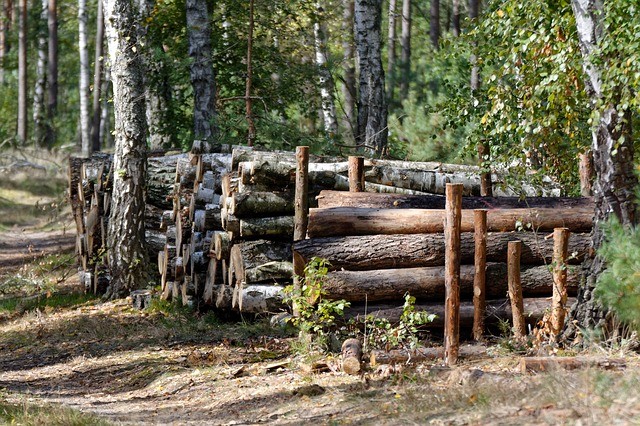
Woodland is cheaper than arable or pasture land, so it is a good option if you want to buy land that is relatively cheap.
There are also taxation advantages. Any income made from the sale of timber is tax free, as long as it is it just cut to length and sold. However, you will be liable to pay tax on any timber you have added value to, such as making furniture or fencing.
Once you have owned your woodland for over two years, and can show that it has been commercially managed, it is also free of inheritance tax. It is difficult to define what ‘commercially managed’, but to qualify you would at least need to have records of regular money earned from your woodland, such as from the sale of wood for example.
What sort of woodland suits your needs?
A wood is much more than a collection of growing trees. Woodland is a combination of different aged trees, shrubs that form a layered structure, from the topmost canopy to the low undergrowth and woodland floor. It has open areas or clearings, and a wide variety of native fungi and plants like bulbs, grasses, mosses and lichens. A woodland is its own living ecosystem.
Depending on your reasons for buying woodland, different types suit different needs.
Deciduous woodland, coniferous woodland, or mixed?
Deciduous woodland is made up of a variety of tree species that have flat leaves.
Coniferous woodland is often planted primarily for timber production.
Mixed woodland, with both deciduous and coniferous trees, offer a wider range of habitat for wildlife.
Ancient woodland is that which has continually been a woodland area since 1600AD. The mix of old trees and new saplings in a well-established habitat results in much greater diversity of wildlife and plant species than newer woodland.
Older woods with trees of different ages will have a more defined structure, with the taller trees forming a canopy, whereas woodland where the trees were all planted at the same time will not.
For recreational use, a mixed woodland or ancient woodland will provide a greater range of wildlife. For commercial timber, fast growing coniferous woodland is a better option.
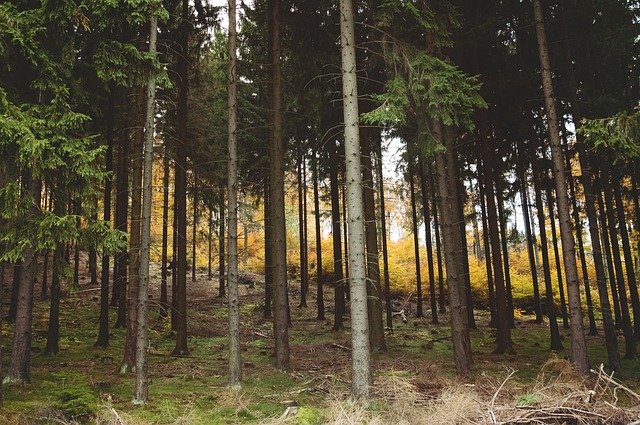
Buying Woodland
The price per acre of woodland varies, depending on its location, how accessible it is, the terrain and the types of tree that grow there. But it is often considerably cheaper than buying land, usually because development opportunities are limited. Yet, that is what most people want to own woodland for… to be able to escape into nature, protect wildlife and maybe create a little income through the sale of wood and wooden products.
Before buying woodland…
Make sure you can commit to the time it takes to manage the woodlands.
Check for covenants that might prevent you from the purpose of your purchase. For example, there could be a covenant against game hunting, clay pigeon shooting or vehicles. Treat buying woodland like you would buying a house, get a solicitor to handle the purchase.
Tree Felling – Tree felling often requires a licence, and you can get this by applying to the Forestry Commission. Without a licence, you are within your rights to fell a tree that poses a hazard.
Tree Preservation Orders – Some trees may have a preservation order which prevents felling. This particularly applies to larger, older trees, so it is worth checking with your local authority.
Access Restrictions – Often, woodland for sale is located in areas that are hard to access. If you plan to spend lots of time in your woods, or use it for small scale commercial gains, then having vehicle access is recommended. Only being able to reach your woods via footpath will present problems for removing timer and firewood. It may be possible to apply for access if it is limited, but these things take planning permission and time.
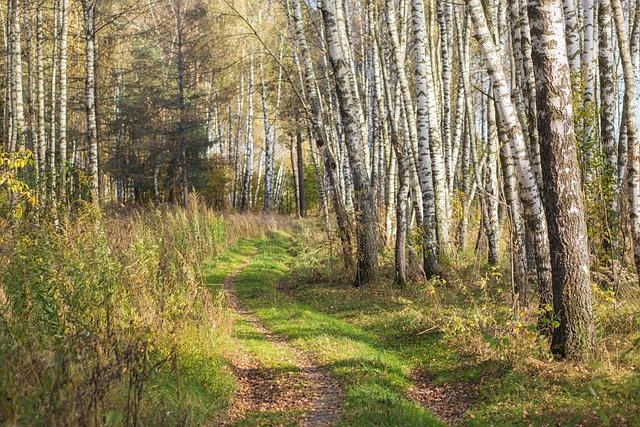
Grants for Woodland Improvements
You may be eligible for grants to help pay for improvements to woodland. It is worth getting a solicitor to check for local council grants when you are in the process of purchasing your woodland. The Forestry Commission also has a grant scheme that you can apply for.
Where to find Woodland for Sale
Woodland can be purchased through websites such as woods4sale.co.uk and woodlands.co.uk, or some may come up on land auction and sales pages.
Word of mouth is also a good way of finding woodland for sale, especially in village pubs where there is a farming community.
If you are looking for an investment opportunity, that also benefits you health, well-being, and the environment, then buying woodland may be the perfect option!

